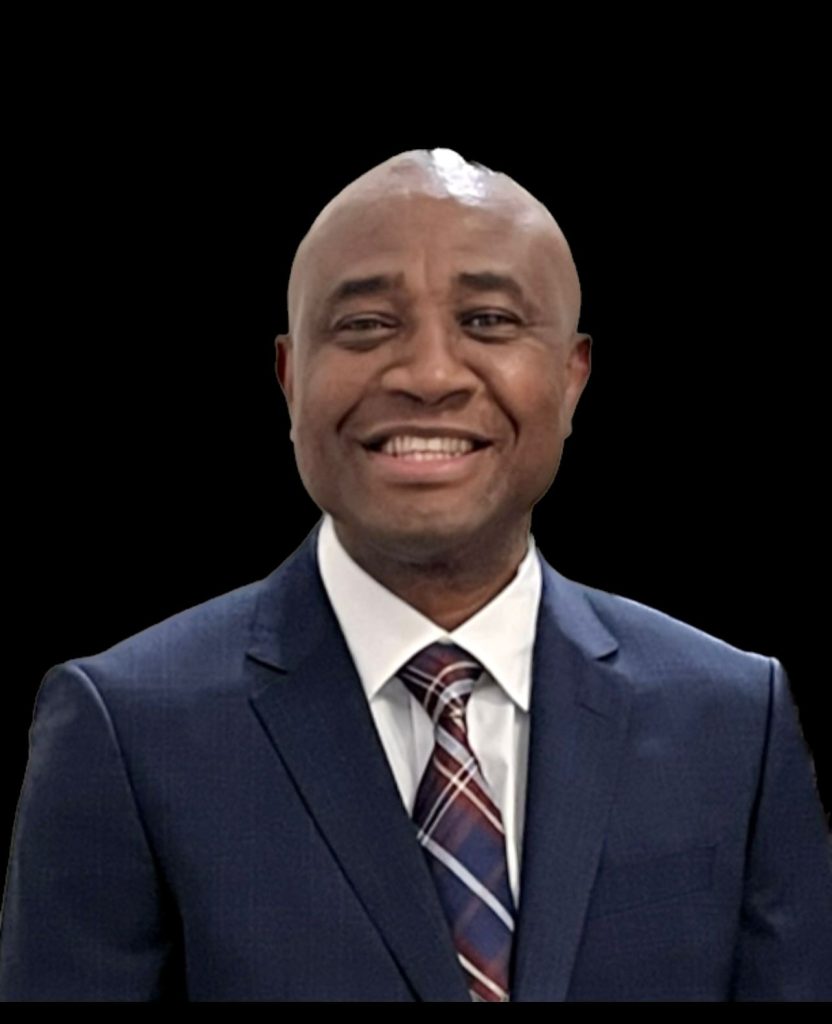The subject of colonization is one that roughens feathers even in academic circles. In 2004 at the University of York England I asked a British Professor of Economics where and how the idea of colonization came about. He was obviously infuriated and thought I was an American. He said it is only an American that would ask such a ‘foolish’ question.
Here in America we make bold to ask difficult questions and to call things by their real names.
Part of the fundamental issues plaguing Africa is that she is yet to be decolonized, rather yet to decolonize herself. In fact it seems that Africa is being recolonized as we speak. That will be subject of our discussion for another day.
As we think about decolonization, myriads of questions come to mind. Unless we ask the right and obviously difficult questions, the solutions keep eluding us. Literally and philosophically speaking, why is it that everything African is bad and everything foreign is good? Or rather everything African is not good enough. How did we get to the level that we have to look up to the west for solutions even for the problems that are peculiar to us? Why do we have to import and impose standards and definitions that were designed and fabricated to suit other cultures and economies? When are we going to define our own standards based on our peculiarities and the daily experiences of our lives within our cultural, political and economic space? When will our doctors and pharmaceutical scientists be able to discover, characterize and standardize our own monographs and use those specific drugs to confront the specific health challenges that are peculiar to the African? When will our engineers be able to use materials and resources with which nature has blessed us to construct our roads, build bridges, erect time-tested structures that will speak for our expertise and mastery of our own situations and environment? We have all the titles of all the professions there are yet we have little to show for them. When will our time finally come for us to exercise dominion in the African space?
How many professors do we have in engineering, medicine, law, agriculture, aeronautics, geology yet how competitive and self sustaining are we in these fields? If self sustainability is on a scale of 1 to 10, where does Africa sit on this scale? It is good for all of the 55 countries that make up Africa to have gained political independence, but even in the political terrain, how independent are we? In economic terms how independent are we? Even our cultures now elude us as we have become copycats in everything foreign. Those of us in diaspora think and act as if we have become more British than the Queen of England. Africans, who bewitched us? Our educational system cannot decide and sustain its own standards, our health system cannot do the same, our economist cannot come up with our own indices neither can our engineers come up with comparable and even better procedures in their fields of endeavor.
I suggest that it is time for us to re-calibrate. What if we changed our methods of evaluation, promotion and recognition. In academic circles who decides the curriculum and methods of establishing that a student has been found worthy both in character and in leaning to be awarded a B.Sc, M.Sc, PhD or what have you? How many of our doctoral or professorial research solve any tangible problems for humanity? How many of those found worthy both in character and in learning have actually developed character and how many have actually learned anything tangible, and something credit worthy? What standards do we hold ourselves to and measure ourselves against?
Why do we have so many paper qualifications and little practical experiences and problem solving skills? If we are as good as our paper qualifications suggest, why are we still so dependent on our erstwhile colonial masters who actually never left and who in fact, do not have any motivation or intention to leave? Why do we complain that they never left? Why can’t we solve our our problems our own ways and why can’t our own ways of solving our problems be standardized and sustained? Are we still being colonized or not? Are we submitting ourselves to even greater colonization than we know from history? Although our colonial masters have no intention to actually leave which explains why they never did, do you really expect them to leave? Why would they leave if the bait that attracted them in the first place is still well and alive. Why was Africa such a fertile ground for colonization and why will it continue to be? Ignorance is profitable business. The ignorance of Africa keeps her exploited.
The African is largely ignorant of who he is, what he has and what he can do with what he has. Apart from the huge deposits of natural resources buried underground, which we have no idea how to tap, process and value; even Africa’s best resources – the African people, their gifts, skills, talents and works of art which were taken, stolen or cajoled from her are displayed in museums elsewhere and those Africans who are fortunate to visit abroad spend foreign currencies to go view them. Have you not heard or seen? To illustrate, How many museums do we have in Africa and how many of you that pay to visit museums abroad have actually visited museums in Africa?
How do you explain that Africa exports crude of her natural resources for nothing and turn around to pay arm and leg for the refined products? What happened to our so-called intellectuals in the different fields of human endeavors?
What kind of society are we preparing for the next generation of Africans in Africa? I don’t even want to mention the next generation of Africans in America, England or the rest of the world. It is good for us to ask, how can Africa be decolonized but there is a problem with that.
The African is waiting for the colonizer to leave so Africa can finally be free. First even if the colonizer leaves today Africa will know no freedom. Again, the colonizer is on a business trip and in it for what he gets so as long as it is profitable for him he is going nowhere. Third, it is almost foolishness for anybody to think that the decision to decolonize Africa will ever be made in London or Paris or Lisbon. Fourth, The decolonization of Africa is the responsibility of Africans.
Africa has to decolonize herself first from the mind. Our thoughts have to be decolonized. Our language has to be decolonized, so is our name, our identity, our philosophy, our culture, our economy as well as our polity. Africa is the architect of her own calamities and the solution of the myriads of problems that plague Africa will only come from Africans. The African people, both home and abroad, have to figure out when and how to solve the myriads of problems of Africa but until then, Africa remains in a state that would best be explained with a question mark (?). I stand corrected.
@MezieOkolo
07/19/2019



